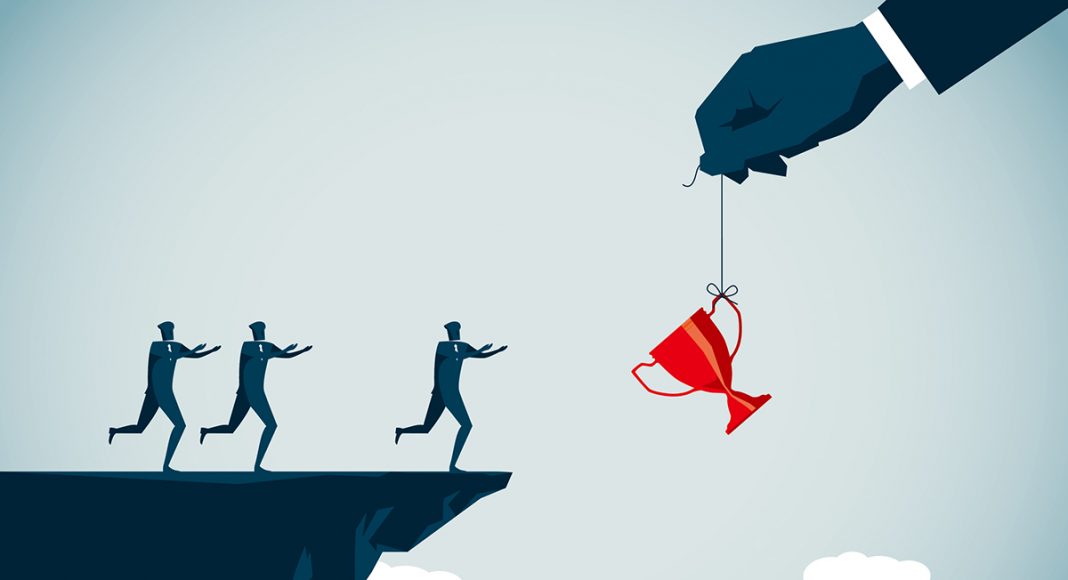A Stigler Center webinar explores instances where competition turns toxic, whether antitrust policy needs reform, and potential paths forward.
Is there such a thing as too much competition? Can competition turn toxic? These are the topics explored in a 2020 book by Ariel Ezrachi and Maurice Stucke, Competition Overdose.
“We do not challenge the benefits of competition as such. We all understand the basics competition is extremely beneficial. It improves our welfare. It provides us with choice, with innovation, with quality,” said Ezrachi. “However, what we try to show and what we explore is the theme and the overuse of the competition ideal. The idea that as a society we elevated the concept of competition and possibly used it in instances where it doesn’t work.”
Such instances include college admissions, the horse meat scandal and drip-pricing models used by hotels.
To find out who is pushing toxic competition and how to fix it, the Stigler Center recently hosted a panel discussion between Dennis Carlton, David McDaniel Keller Professor of Economics at the University of Chicago Booth School of Business; Ariel Ezrachi, Slaughter and May Professor of Competition Law and Director of the Centre for Competition Law and Policy at University of Oxford; and Maurice Stucke, Douglas A. Blaze Distinguished Professor of Law, at the University of Tennessee–Knoxville College of Law. The conversation was moderated by ProMarket managing editor Jana Kasperkevic.
Watch the panel here:
This panel was part of the Stigler Center’s Antitrust and Competition Conference, held virtually in a series of free webinars from Spring 2020 to Winter 2021. In 2020, the webinar series explored the historical interconnection between market power and political power, discussing examples from Nazi Germany to the United States, Latin America, Israel, and South Korea. The second half of the conference series is dedicated to the discussion of the trade-offs involved in changes to antitrust policy to address this perceived connection. Topics include whether and how antitrust should be used to promote economic liberty or political liberty, and the development of new methods to assess the political power of large conglomerates.






